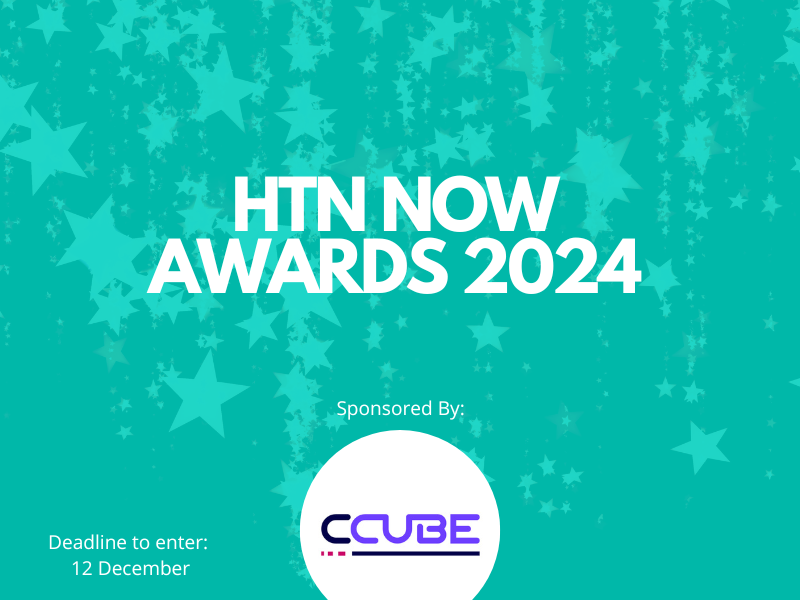A ground-breaking solution is being launched today to radically improve the quality of life and care for people who are living with epilepsy, one of the most common and serious neurological conditions in the world. Called myCareCentric Epilepsy, it combines the latest in wearable technologies, shared care records, machine learning, and data analysis tools. It is the first solution of its kind to collect information from wearables, smartphones and portals and integrate it with a patient’s clinical record. The enhanced record is shared in real-time with patients and clinical teamsin a network of expert care.
 By providing timely expert guidance and support, the solution aims to overcome many of the challenges that people with epilepsy commonly face, including loss of independence and isolation. At the same time, it means clinicians can see patient-contributed information in real-time, and in easily-digested formats. This is important because the diagnosis and treatment of epilepsy is recognised as being extremely challenging and reliant on the availability of accurate, complete patient information and specialist knowledge at the point of care.
By providing timely expert guidance and support, the solution aims to overcome many of the challenges that people with epilepsy commonly face, including loss of independence and isolation. At the same time, it means clinicians can see patient-contributed information in real-time, and in easily-digested formats. This is important because the diagnosis and treatment of epilepsy is recognised as being extremely challenging and reliant on the availability of accurate, complete patient information and specialist knowledge at the point of care.
The aim is that myCareCentric Epilepsy will help support new models of care which are more responsive to the needs of the individual. At the same time, the new clinical pathways, coupled with real-time pre-emptive interventions, will help reduce the costs of care and improve the treatment of the condition.
myCareCentric Epilepsy is currently being piloted by Poole Hospital NHS Foundation Trust, one of the partner organisations developing the product.
myCareCentric Epilepsy works by
- Bringing together all patient information (held by the GP, by the acute Trust and by any other parts of the care community) into a single record so it can be shared throughout the community. This is achieved using Graphnet’s CareCentric shared record solution.
- Adding full healthcare data & lifestyle capture via wearable devices (in this case the Microsoft Band), other connectable health monitors, and smartphones. The app captures data such as sleep patterns, exercise, heart rate, temperature and galvanic skin response. The solution is being further developed to enable family and friendsto supply information to enrich the life-logging dataset. With explicit consent, this could include video and audio recordings of seizures to assist diagnosis and management. Experts then use this data to build up a picture of that individual’s seizures, potential indicators or predisposing factors.
- • Presenting clinicians with the information in a single dashboard view, accessible via the web or mobile applications, so they can review and decide on the most appropriate next steps.
- Allowing clinicians and patients to interact directly and in real time, with huge benefits for patient care and support as well as efficiency. This is done through the myCareCentric patient portal.
- Detecting seizures using machine learning (in this case using the Microsoft Azure platform). Seizures are tracked and monitored. The pattern and frequency of events is visible to the clinical team in real-time. Analysis of this data using machine learning could help individuals identify increased risk of seizures.
- Alerts notify medical staff, and in the future friends and family, when a seizure has occurred and professional advice can be given directly back to the patient. Clinical teams can be notified when one of their patients presents for an unscheduled admission, providing prompt advice and guidance which could reduce length of stay, improve outcomes or avoid an unnecessary admission.




